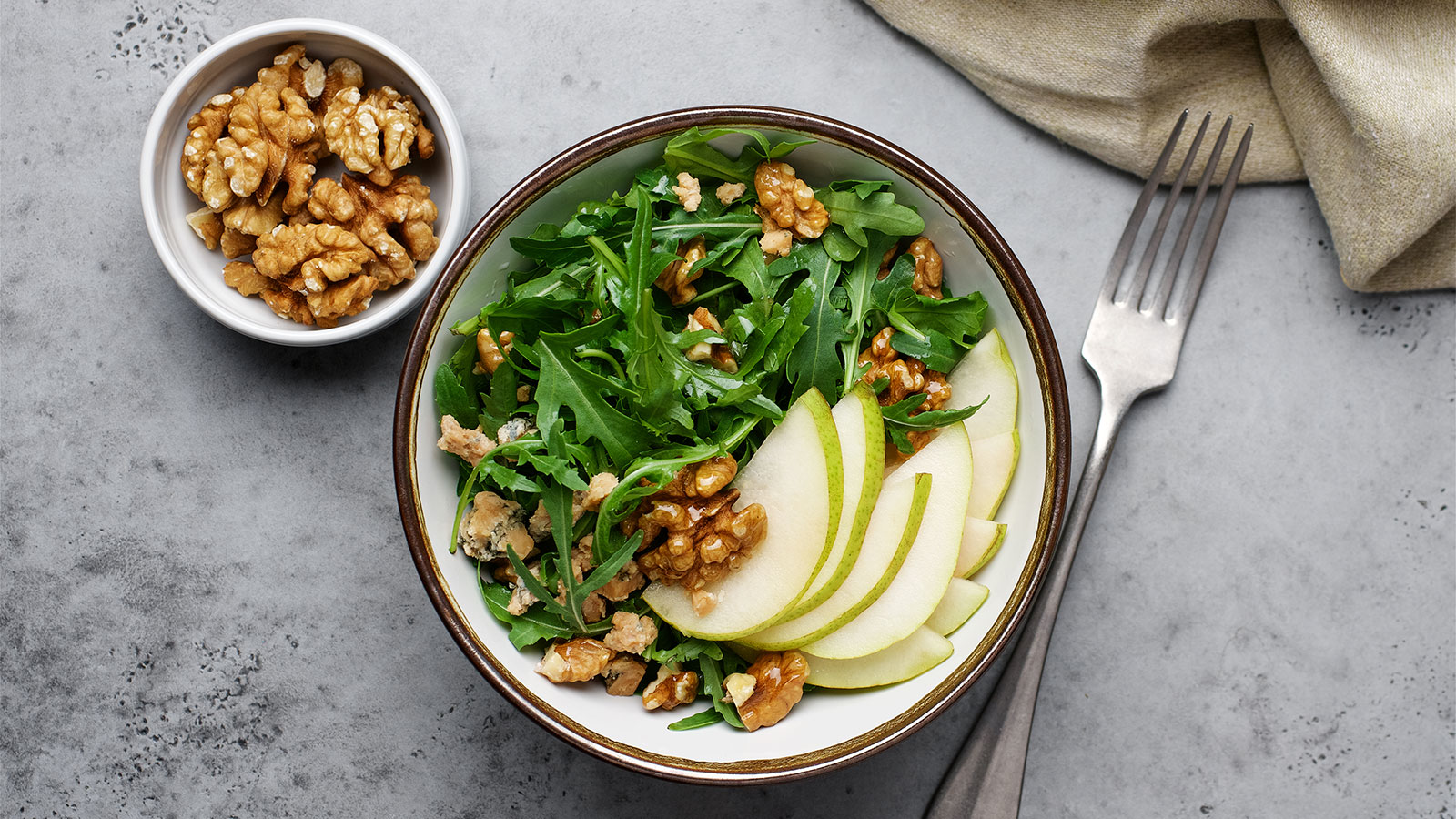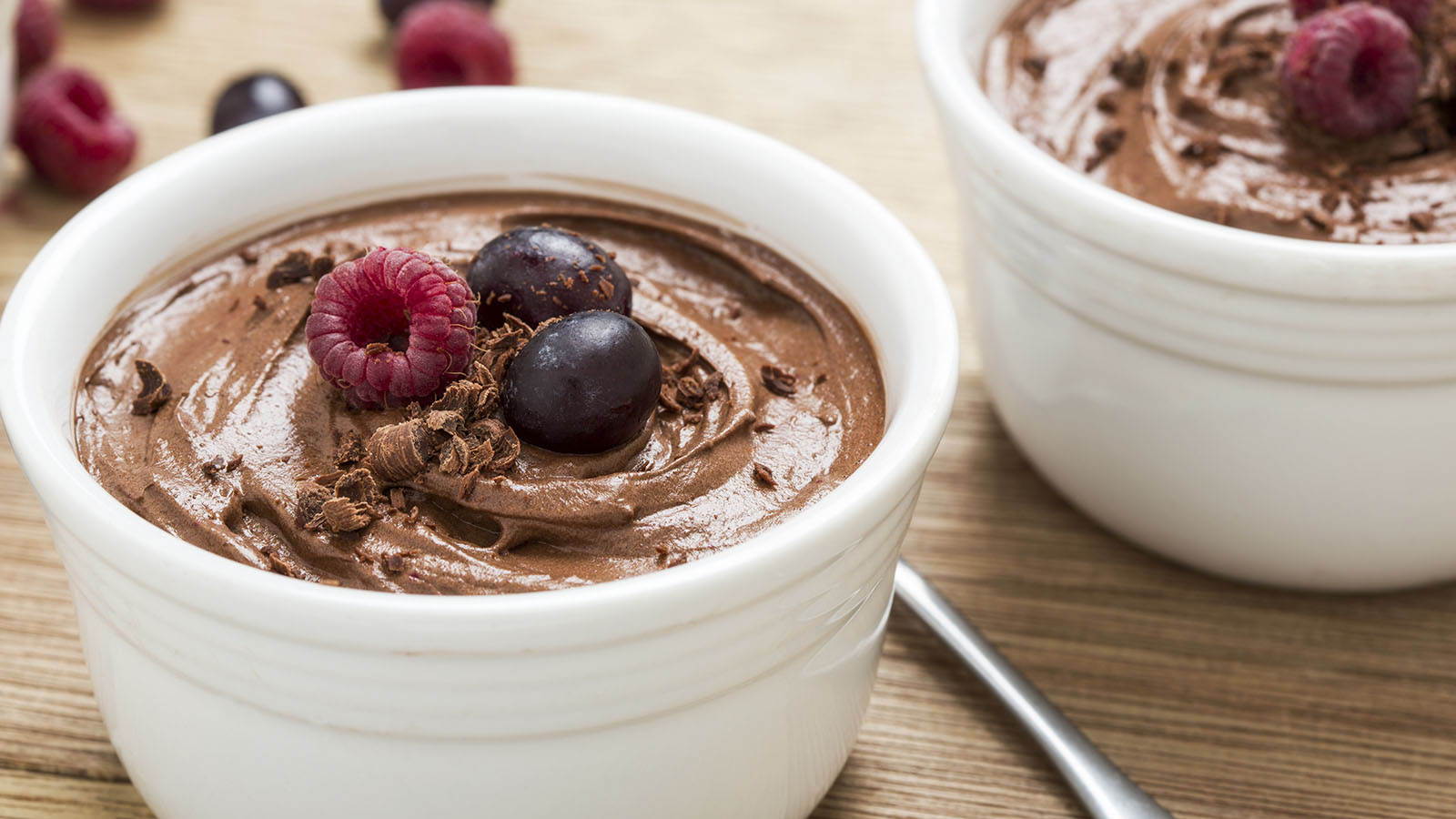Love Your Heart: Essential Care Tips for Every Stage of Life
Heart-healthy habits boost your well-being now, and set you up for better health later in life. And they’re as good for your children and aging parents as they are for you.

By Maria Duca, MD, Cardiologist, Virtua Cardiology
It’s never too early, or too late, to care for your heart. Eating a Mediterranean-style diet, staying active, and not smoking can help you maintain a healthy weight and control your blood pressure and cholesterol—all important steps for everyone to prevent heart disease.
These simple steps can help you and your loved ones maximize health at any age.
Childhood (Ages 6 to 11)
This is the ideal time to build positive habits that last a lifetime.
What to do:
- Get ideas for healthy foods that kids (and parents) will love at www.myplate.gov/life-stages.
- Set aside a time, such as Sunday afternoons, to plan the coming week’s meals and grocery shop.
- Move as a family. Go for walks around your neighborhood or local park or play in the backyard.
Adolescence (Ages 12 to 19)
Studies have found that people with high blood pressure as young adults are at higher risk for coronary artery disease later in life.
What to do:
- Create a household routine that prioritizes school, friends, exercise, and sleep over screen time.
- Encourage teens to get involved in cooking nutritious, delicious family meals.
- Keep healthy snacks on hand, such as nut butter with apple slices, popcorn, and hummus with carrot sticks.
Ages 20 to 59
Many people put on excess pounds over the years, increasing their risk for heart disease. Three other risk factors for heart disease—high blood pressure; high low-density lipoprotein (LDL), or “bad,” cholesterol; and type 2 diabetes—become more common in midlife. Unhealthy habits such as drinking too much alcohol and smoking take a toll on your heart as well.
What to do:
- Squeeze more movement into your day with five- to 10-minute blocks of aerobic activity whenever you can. Aim for at least 30 minutes of exercise daily.
- Emphasize health-promoting foods, such as fresh fruits and vegetables, whole grains, and lean proteins.
- Have some fun every day to help reduce stress.
- If you drink alcohol, do so in moderation.
- Avoid smoking and be aware that vaping is not a safe alternative.
- Check your blood pressure, cholesterol, and blood sugar levels as directed by your health care provider.
Ages 60 and Beyond
Never retire from efforts to lower your risk for heart disease and other health problems.
What to do:
- Sample a variety of fitness activities to find ones that are a good match for your interests and abilities.
- Call a friend, join a club, or take a class. Loneliness increases the risk of heart disease in older adults.
- See your health care providers for regular checkups, even if you’re feeling fine.
Living well today can help ensure a healthier tomorrow.
Get on the Road to Good Heart Health
Virtua’s team of heart experts provides comprehensive cardiac care, from medical cardiology to interventional procedures to advanced cardiac surgery. Schedule an appointment online with a Virtua cardiologist.
There's So Much More to Explore
Discover expert insights, inspiring stories, health tips, and more by exploring the content below!

HeartTalk Magazine
Inside Look at Blood Vessels Aids PAD Treatment
Denise Davis: Pay Attention to Your Heart Health

Best Foods for Kidney Health

What Causes Food Addiction And What Are The Signs

5 Essential Winter Foot Care Tips When You Have Diabetes

Sweet Music: Trust, Teamwork Save Justin from Heart Attack

Complex Heart Surgery Nets James a Lifelong Friend

Your 10-Point Plan to Avoid Winter Weight Gain

Be Fast and Spot the Signs of Stroke

Surprising Symptoms May Signal Stroke In Women

8 Key Steps to Better Blood Pressure Control

5 Back Stretches for the Work-From-Home Workweek

The HPV Vaccine: A Powerful Shield Against Cervical Cancer

How to Prevent and Treat Urinary Tract Infections
Signs You Should Get Treated For Vein Problems

One New Heart Valve Saves Two Lives in the Tritten Family
What You Need to Know About Heart Failure

6 Numbers Key to Keeping Your Heart Healthy

4 Easy Ways to Treat and Prevent Runner's Knee

Five Mindfulness Tips That Can Help Heal Your Heart
Working from Home? Take a Quick Break to Stretch Your Wrists

Watchman Heart Device: a Technological Breakthrough for Blood Clot Prevention

Albert's Emergency Cardiac Surgery Is a 'Story of a Lifetime'

Love Your Heart: Essential Care Tips for Every Stage of Life

How Do I Measure My Blood Pressure at Home?

How Do I Improve My Cholesterol Levels?

3 Ways to Reduce Your Stroke Risk

How the Unique Stages of a Womans Heart Affect Her Health

Can Your Gut Health Affect Your Heart?
Advanced Heart Failure Therapies Get Bernadine Back to Full Speed

Put Your Mammogram Appointment on the Top of Your To-Do List

How Sex Keeps You Healthy as You Age

Protect Your Child From HPV and Related Cancers

Why IUDs Might Be The Most Effective Birth Control

5 Things You're Too Embarrassed to Tell Your OBGYN

4 Not-So-Crazy Questions to Ask Your Doctor

What to Know About Cervical Cancer Screenings

Keeping the Beat: Advanced Heart Surgery for Aortic Aneurysm

Heart-Healthy Summer Recipe: Hummus and Veggies

4 Delicious Heart-Healthy Recipes Perfect for Summer

Heart Healthy Summer Recipe: Dessert Parfait

Heart-Healthy Summer Recipe: Pear and Walnut Salad

Heart-Healthy Summer Recipe: Terrific Turkey Burgers
Atrial Fibrillation and Stroke: What's the Connection?
Heart Tests Your Doctor May Order
Managing Pregnancy for Mothers With Heart Conditions

Heart Healthy Recipe: Basil Pesto Pasta With Seared Vegetables

Heart Healthy Recipe Chocolate Avocado Chia Pudding
Keep Your Heart Rhythm in Check With Your Smartwatch
Mind Your Meds for Blood Pressure Risks
Magic Pill for Heart Health? Cut 300 Calories a Day
3 Smart Ways to Boost Your Heart Health
3 Best Exercises For Heart Health

Get Your Heart Pumping With These 25 Workout Songs
Your Chest Pain: Heartburn, Heart Attack, or Something Else?
3 Heart Healthy Recipes to Win Valentines Day
How Work and Home Stress Can Affect You
Why Improving Your Health Is Going To The Dogs And Cats
Why Younger Women Need Start NOW To Safeguard Their Hearts From Heart Attacks
Can You Die of a Broken Heart?
Get to the Bottom of Blood Pressure Numbers
Mitral Valve Surgery Opens Doors for Improved Quality of Life
6 Healthy Habits to Start in Your 20s for Better Lifelong Health
Do You Have a Fatty Heart?
Get Pumped! Assist Devices Can Improve Heart Failure Symptoms
A Cardiologists Advice on Heart-saving Emergency Cardiac Care
Virtua Doctor’s Experience Is a Warning for All About COVID-19 and Strokes
You May Feel Fine, but Gregory Says "Don't Skip Your Medical Care"
In Sickness and in Health: Couples Often Share Heart Disease Risk
"Reduce Your Heart Disease Risk With a Plant-based Diet"
Hybrid Robotic Heart Surgery and Valve Replacement Restores Quality of Life
Can Marijuana Hurt Your Heart Health?
6 Tips for Restoring Your Heart Rhythm
Eat Smart for Your Heart
Cardiac Rehab: Strengthening Your Heart After Leaving the Hospital
Your Heart Needs A Good Nights Sleep
Are You at Risk for AAA—the Silent Killer?
The Cardio Oncology Team Protects Your Heart During Cancer Treatment
Get Relief From Painful Varicose Veins This Summer
Exercise Your Way to a Stronger Heart
Fish Oil: A Good Catch or a Scam?
My Heart Seems to Skip a Beat - Should I Be Worried?
Menu Planning? Try These 5 Heart-smart Substitutions

5 Health Risks Tied to Weight

Heart-Healthy Recipe: Maple Orange Salmon With Mango Salsa
Do Not Wait to Get Help When a Stroke or Heart Attack Strikes
4 Reasons Why Heart Patients Should Follow COVID 19 Safety Guidelines

